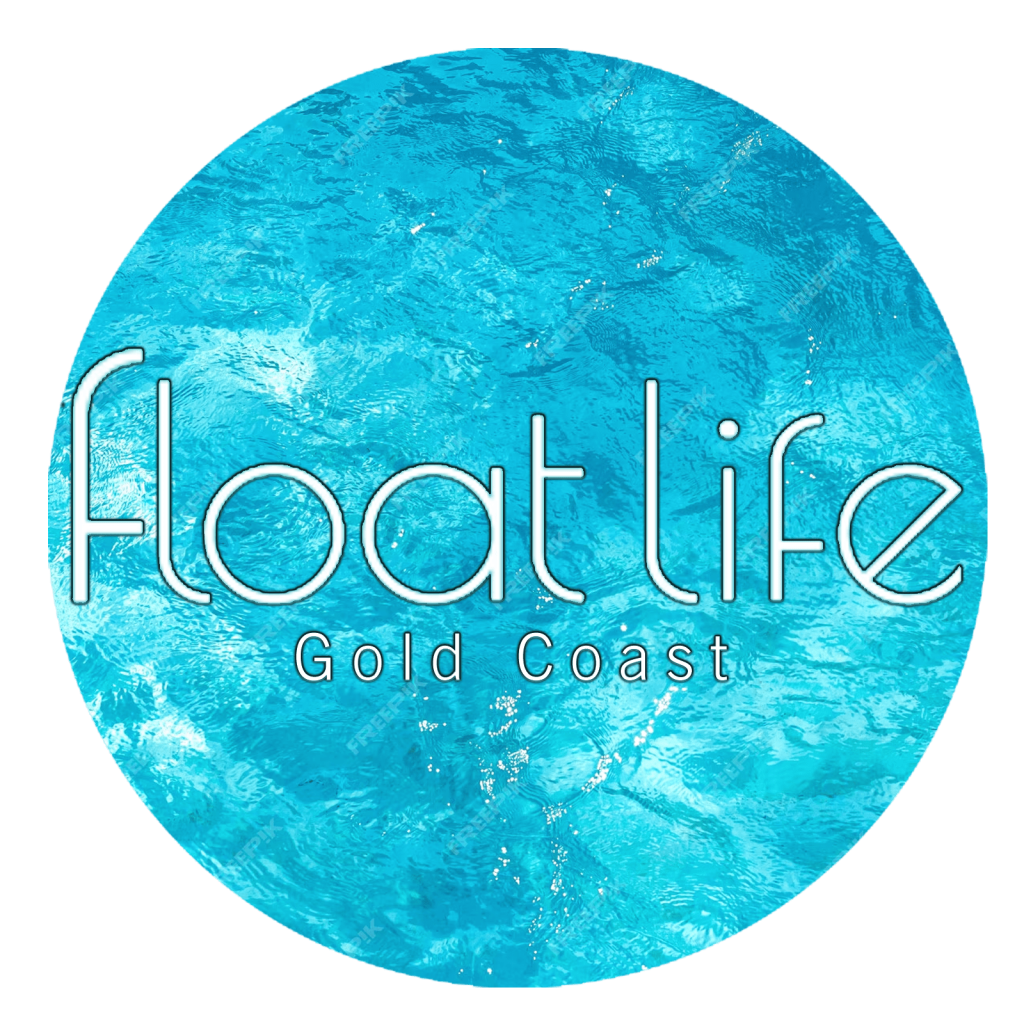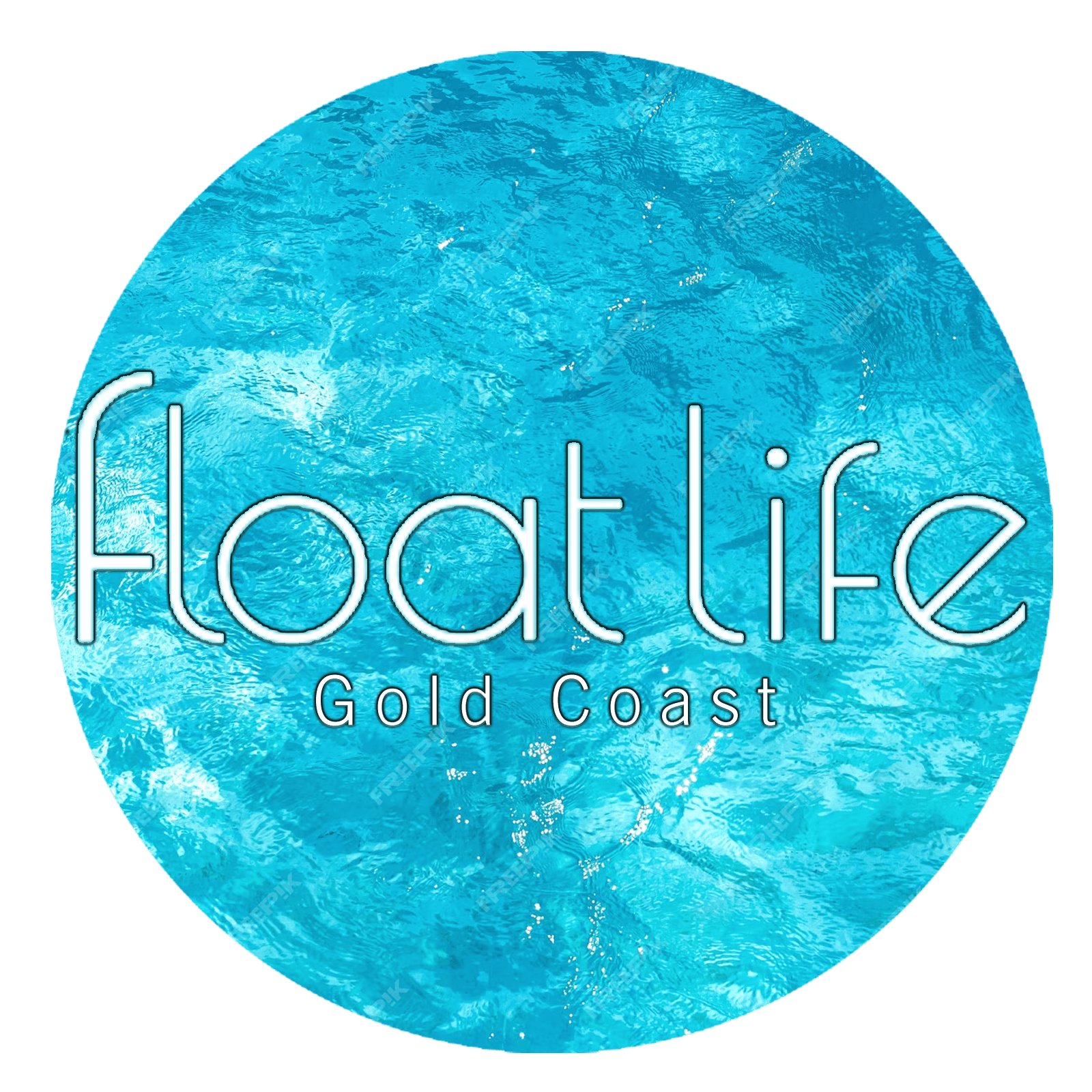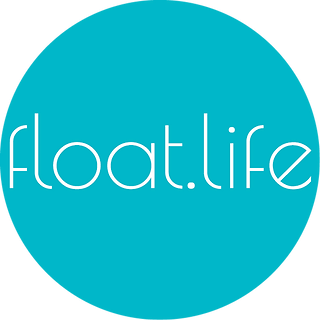Interoception
Interoception
The eighth, often neglected sensory system is the Interoceptive System. Interoception refers to sensations relate to the physiological/physical condition of the body. Interoceptors are internal sensors that provide a sense of what our internal organs are feeling.
Interoception detects responses that guide regulation, including heart rate & respiration. Interoception works the vestibular and proprioceptive senses to determine how an individual perceives their own body.
Well-modulated interoception helps the individual detect the proprioceptive and vestibular sensation normally.
Interoception is associated with autonomic motor control and is different to mechano-reception (The ability to detect and respond to certain kinds of stimuli – notably touch, sound and changes in pressure or posture – in your environment) and proprioception (in the muscles and joints).
Interoception creates distinct feelings from the body including pain, temperature, itch, muscular and visceral sensations, hunger, thirst and the need for air.
Essentially, we have both external and internal senses, during a standard float session the sensory input for your external senses is minimised as we already know. What we now know is that once these senses have been dampened, we become more aware of our internal senses through interoception.
Let’s break it down and look at the different stages during a float session and how this affects your different senses.
*This is based on a 60 min float session with 10 minutes of music at the start of the session and 5 minutes at the end, 45 mins of silence and with the lights in the pod off and the lid closed, water temperature is 35.5 degrees Celsius.
The first 10 minutes: Music will play to help ease you into the session, at this point your auditory senses will be active.
10 – 20 minutes: You will initially be aware you are in water as you are trying to get into a comfortable position and allowing the water to settle around you. At this point your tactile system will be active.
From here on in things get interesting…. Assuming you have the lights off in the pod and no music.
20 minutes – 55 minutes: Now, around the 20 minute mark you will hopefully have settled into a comfortable position and the following will have happened.
2. Auditory – No external sounds, but there are other sounds which I will discuss below.
3. Olfactory (smell) system – You shouldn’t be able to smell anything in the clean, neutral environment of the pod.
4. Gustatory (taste) system – Unless you have eaten or drunk something with a strong taste you really won’t be tasting anything.
5. Tactile system – The reduction of the other sensory inputs is quite apparent, whereas the reduction of the tactile system is subtle. This is where you lose sensation of being in water, as your skin temperature and water temperature are the same. Once the tactile system is blissfully unaware it is in water, your internal senses kick in and you become more aware of your body’s internal processes.
The question is how does interoception help us?
Interoception has a big impact on how we feel, in our busy, stressed-out world we have lost the ability to do this subtle but important body check. We have stopped taking the time to check in with ourselves and see how we feel. By ignoring this hardwired impulse, we are missing an opportunity to feel better.
When you start to become more aware of your body and how it feels you can start to impact your body’s functioning for the better. Everything from decreasing respiration to lowering your pulse to reducing the stress you carry in your body is possible with a higher sense of interoception.
This is what happens during a float session, we become more aware of our breathing and heart rate slowing down. This in turn helps us to greatly reduce stress and anxiety, being more aware of internal processes helps us to understand what our bodies need to feel better.
Interoception can have a huge impact for those suffering with anxiety. Dr Justin Feinstein, one of the leading experts and researchers in floatation therapy from the Laureate Institute of Brain Research has produced research about the benefits of floating and interoception. (1)
It was found that, ‘Floating significantly enhanced attention regulation (ability to sustain attention on body sensations) and self-regulation (ability to regulate distress by attending to body sensations such as the breath).It appears that the Float environment seemed to increase the intensity and attention to the interoceptive sensations related to the breath and heartbeat. This is more so than experienced meditators who show poor interoceptive awareness with regards to the cardiac sensation under resting conditions. (2,3)
The study shows how the float environment could help anxious individuals by helping them to anchor their attention onto internal sensations such as breath and heartbeat. This happens as a result of the extreme filtering of all external sensory distractions and stressors, this in turn enhances the interoceptive feeling of the heartbeat and the breath.
We know the float experience minimises visual, auditory, olfactory, gustatory and tactile sensory signals. We also know that during a float session our internal senses such as the vestibular system, proprioceptive system and our interoceptive system are enhanced.
3. Khalsa SS, Lapidus RC (2016): Can interoception improve the pragmatic search for biomarkers in psychiatry? Front Psychiatry 7:121


